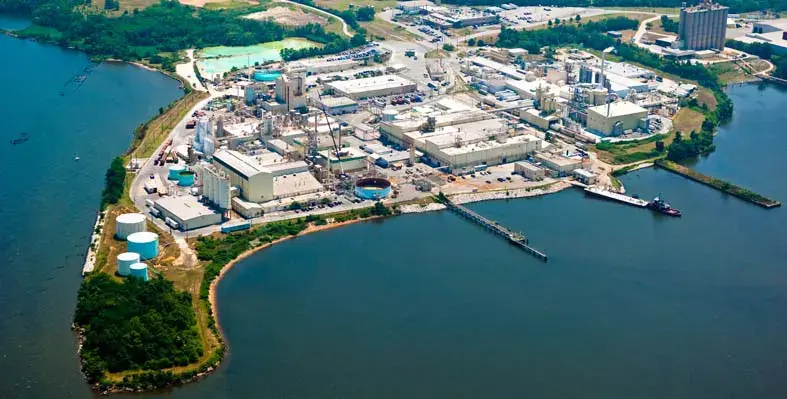W. R. Grace & Co. (Grace), a leading global specialty chemicals company, has announced a groundbreaking advancement in iron tolerance for fluid catalytic cracking (FCC) catalysts
In the dynamic world of fluid catalytic cracking (FCC), traditional value drivers such as feedstock flexibility remain crucial for most transportation fuel refiners. However, iron tolerance has emerged as a significant challenge for catalyst suppliers, researchers, process licensors, and refinery operators. Grace’s research team recently pioneered a three-pronged approach to address iron tolerance which includes:
- Matrix surface area optimisation: Grace’s portfolio includes tailored solutions for FCCUs processing high-iron feeds. MIDAS® Pro catalysts utilize high matrix surface area (MSA), while FUSION® catalysts offer a balanced coke-to-bottoms selectivity profile, enhancing iron tolerance.
- Enhanced macroporosity and pore size distribution: Fine-tuning the pore structure improves its ability to withstand iron contamination. Innovative Grace MILLE™ technology optimises pore structure for maximum feed iron tolerance.
- Novel catalyst treatments: A game-changing Grace-IDP protocol simulates iron deactivation in the lab. This unlocks significant research potential to explore novel treatments for enhancing FCC catalyst iron tolerance.
Responding to iron-related challenges
“These R&D advances empower refiners to respond swiftly to iron-related challenges, enabling greater flexibility in feedstock selection and ultimately leading to increased profitability,” said Luis Cirihal, president, Grace Refining Technologies. “Grace’s commitment to innovation positions us to influence the evolving energy landscape.”
Grace recently published a detailed whitepaper about the challenge of iron tolerance and its solutions and will host a technical webinar on the topic on August 14, 2024 with Hydrocarbon Engineering.
As the refining industry navigates the ongoing energy transition, strategic operators will thrive. FCC units, with their ability to handle diverse feedstocks—including traditional high-iron streams, biogenic feedstocks, and renewable/recycled materials—will be central to future strategies. Maximizing the FCCU operating window, especially in terms of feed metals tolerance, remains essential for optimizing refinery profitability.
Visit our website to learn more about Grace’s refining catalysts and additives.







